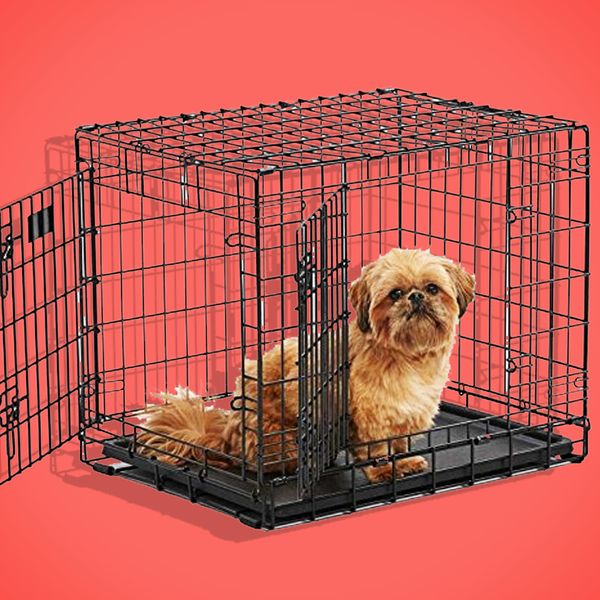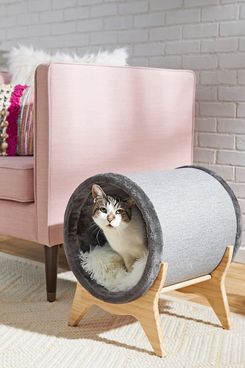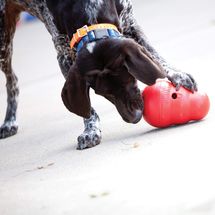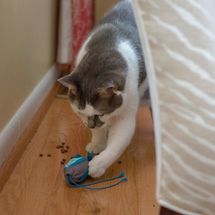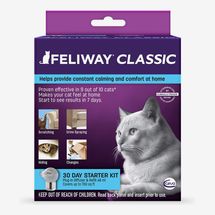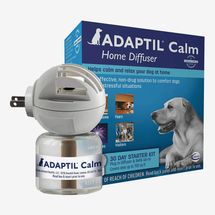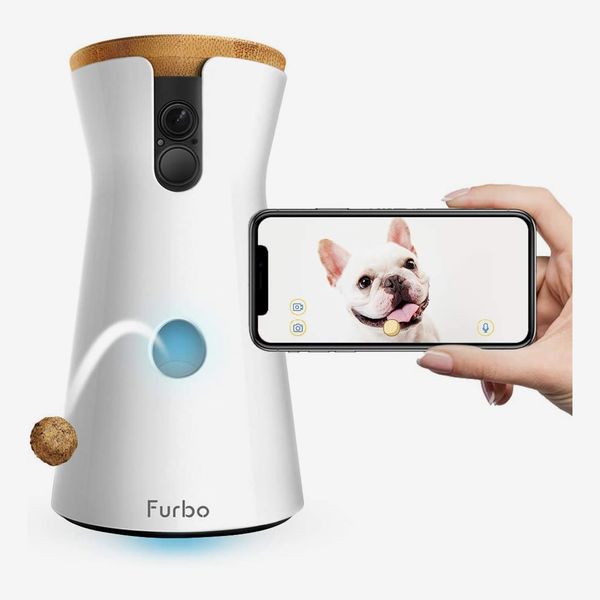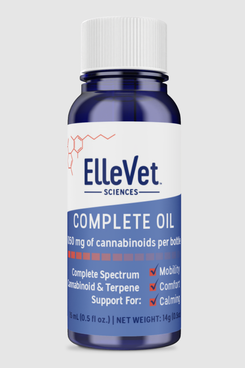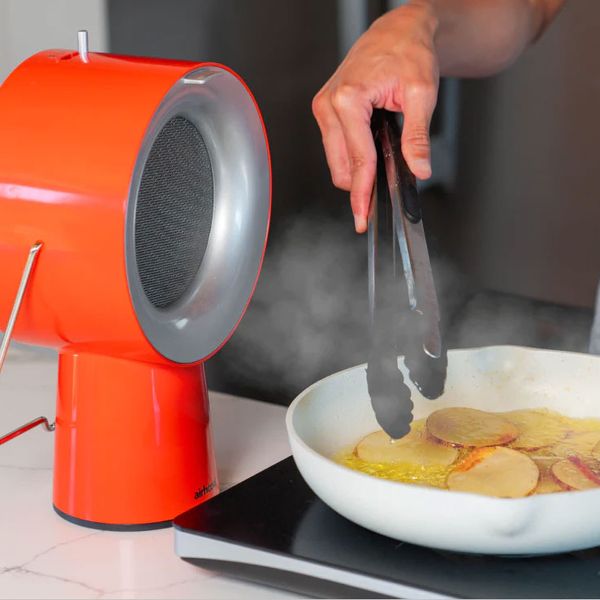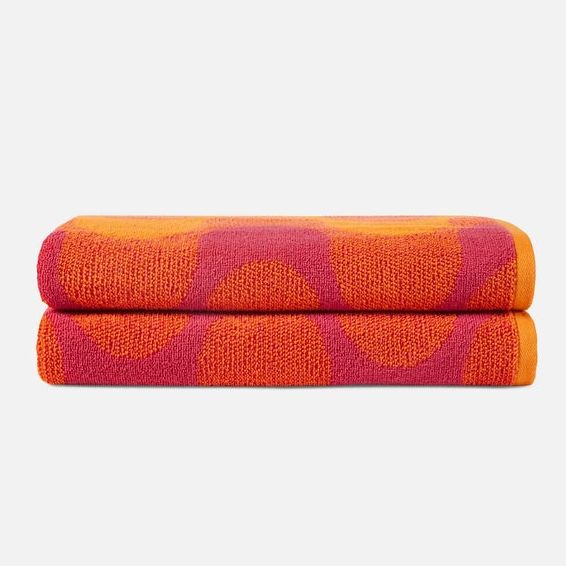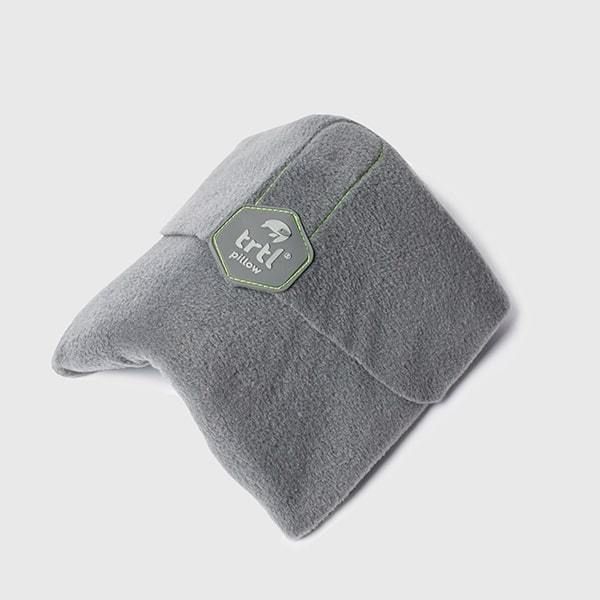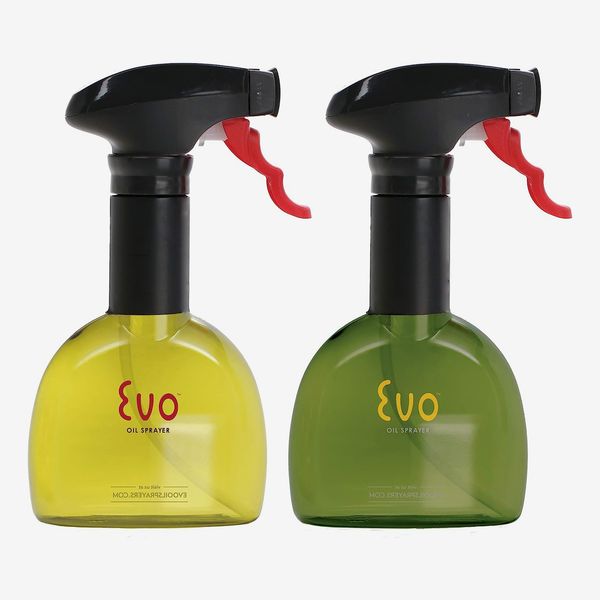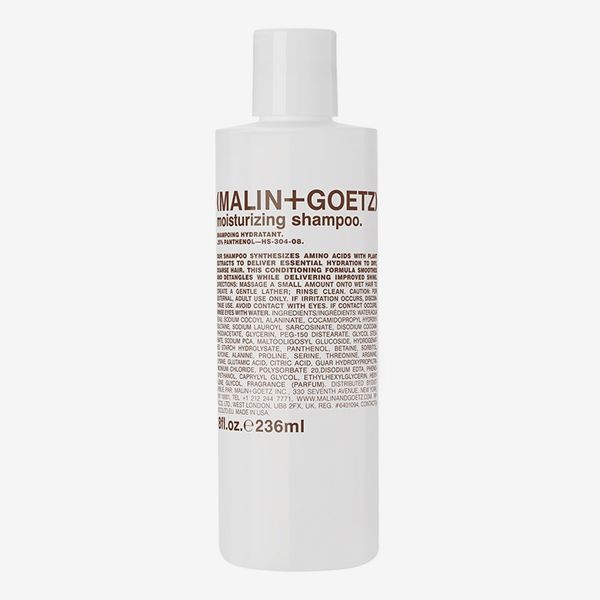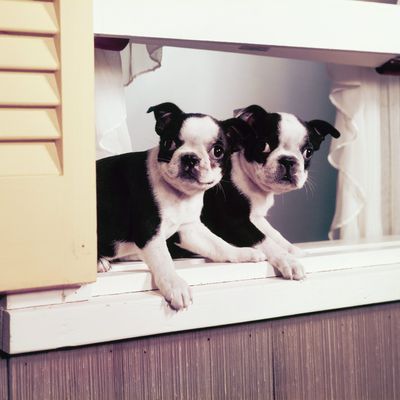
As eager as we are to get vaccinated and back to our normal, pre-COVID lives, we’re also facing some unique post-quarantine concerns — like brushing up on basic social skills after not seeing friends in person for over a year. But it’s also a big deal for pets: After growing used to having us home all day, many of our pets may experience separation anxiety when we return to work and school. In fact, Mark Freeman, a veterinarian and assistant professor at the Virginia-Maryland College of Veterinary Medicine, says separation anxiety “is one of the biggest concerns we veterinarians currently have for dog owners, especially if the dog was adopted during a time when the owners were home a lot.” These thousands of so-called “pandemic pets” have never experienced a full day away from their humans.
“Often, our pets can feel the anxiety in the household and are feeding off it,” says Michelle Meyer, a veterinarian at Serenity Animal Hospital and the president-elect of the American Association of Feline Practitioners, who explains that animals can be very sensitive to any changes in their environment. She explains that anxiety in dogs is often expressed through destructive actions, while in cats, it can manifest in behaviors like urinating or defecating outside the litter box or excessive grooming. Some other things to watch out for (in both dogs and cats) are changes in eating habits and increased vocalization or demands for attention.
The first step, Meyer says, happens before you return to work. Along with the three other vets we spoke with, she recommends leaving the house for a few hours at a time to let your pet adjust to being home alone. Some pets will be fine with the change right away, but others will take longer to adjust. Pay attention to your own pet’s individual needs when easing into the process. Below are our experts’ suggestions for making the transition as smooth as possible — both for your pets and for you.
Freeman explains that, in the wild, dogs often have a “safe space,” like a burrow or den, and that a kennel can serve the same purpose for pets. “It is our job to ensure that the dogs perceive the kennel as a safe space, rather than punishment, so the kennel should be roomy enough for the dog to fully stretch out when lying down, should have appropriate bedding for comfort, and should provide for the dog’s needs with food, water, and toys,” he says. He advocates introducing the crate gradually, starting with feeding your dog its meals inside with the door open, rewarding it with treats when it spends time in the crate, and gradually working up to closing the door with the owner present and, finally, keeping the door closed while you’re gone for short and then longer periods of time. Available in a few sizes, this Ultima Pro crate comes highly recommended by Strategist contributor Ariel Kanter, who says it’s the only crate that can contain her crafty “Houdini dog.” One shopping tip: If you don’t see the correct size for your dog at one retailer, check the other.
“Cats enjoy a quiet, darker space, tucked away from busy areas of the home,” says Jamie Richardson, veterinarian and chief of staff at Small Door Veterinary. She agrees with Freeman that cats and dogs feel safer in their own private space and suggests that you “always use exciting rewards so they come to love this space.” This enclosed cat bed offers a cozy retreat that’s also a bit elevated so cats can survey the ground below them. Both Richardson and Freeman suggest varying your routine before leaving the house — for example, not always grabbing your keys from the same place, or switching up the order in which you put on your shoes and grab your bag — so these don’t become cues for anxiety for pets.
“Mental stimulation will help keep your pet busy while you’re away,” says Richardson, who recommends slow-feeder or puzzle toys to distract your pets and help them exercise out some nervous energy. She also suggests a “vigorous play session” to tire pets out before you leave for the day. For dogs, she likes the Kong toy, which can be filled with kibble or peanut butter, and for cats, the Doc & Phoebe’s hunting feeding kit, which comes with small “mice” that can be filled with treats and hidden around the house for cats to “hunt.” These treat feeders can also be used as rewards for good behavior, like dogs staying in crates without barking.
“Using calming pheromone plug-ins and sprays can help cats and dogs deal with anxiety,” says Meyer. When we wrote about the best things to keep cats calm while flying, experts recommended Feliway, a spray that mimics cats’ natural pheromones, for soothing frayed feline nerves. These diffusers — Feliway for cats and Adaptil for dogs — work the same way at home.
Meyer also recommends cameras that let owners check on and interact with their pets. The popular Furbo (a perennial hit among dog lovers that would also work for cats) lets you watch and listen to your pet from your phone and can send you notifications when it senses barking. Two-way audio lets you talk to your pets (they’ll probably find your voice soothing when they’re anxious), and you can even use the app to dispense treats remotely.
“I have read a number of anecdotal reports of CBD being very helpful in reducing anxiety in pets, sometimes alone and sometimes in conjunction with other anti-anxiety medications,” says Freeman. “This is something a pet owner should definitely discuss with their veterinarian before pursuing, understanding that we are limited in what we can recommend.” Jessica Herman, a veterinarian with Fuzzy: The Pet Parent Company, adds, “There are very compelling studies that suggest that, in general, CBD can be part of the pet-anxiety solution successfully.” But she urges that it should be used only in conjunction with proper veterinary care and behavioral guidance. As Strategist writer Dominique Pariso explained in her investigation into CBD for dogs, the Food and Drug Administration has not officially approved the use of CBD in animals, but some vets agree that quality-controlled CBD formulas are not likely to be harmful. Again, though, you should absolutely check with your vet first. According to the vets Pariso consulted with, ElleVet is “the gold standard for dog CBD” because the Maine-based company does extensive quality-control testing of its pet-specific formulas.
The Strategist is designed to surface the most useful, expert recommendations for things to buy across the vast e-commerce landscape. Some of our latest conquests include the best acne treatments, rolling luggage, pillows for side sleepers, natural anxiety remedies, and bath towels. We update links when possible, but note that deals can expire and all prices are subject to change.
